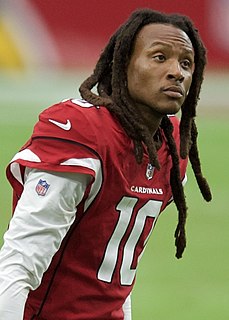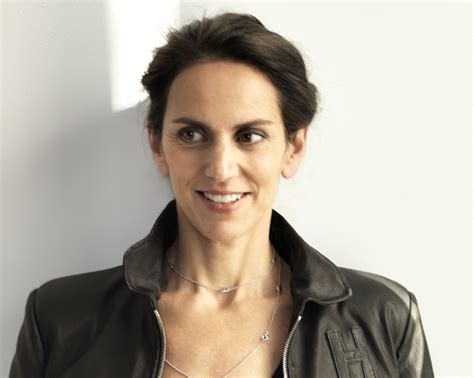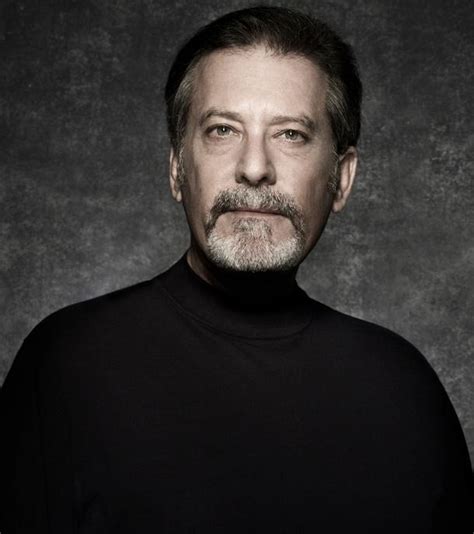A Quote by Terry Pratchett
The Kappamaki, a whaling research ship, was currently researching the question: How many whales can you catch in one week?
Related Quotes
I was very lucky. I was just finishing my PhD at Cambridge in 1981. This opportunity came up because whaling was drawing to an end. There was the prospect of a moratorium, and one of the arguments that was brought up, especially by Japanese whalers, was that, if we didn't have whaling, we would know nothing of whales. All the science depends on having dead animals, they argued, so that's one of the benefits of the whaling industry.
I would ask, "How can one have a technological society without research? How can one have research without researching dangerous areas? How can one research dangerous areas without uncovering dangerous information? How can you uncover dangerous information without it falling into the hands of insane people who will sooner or later destroy the human race, if not the whole of life on earth?" Who knows? God only knows!
This is something I haven't told many people, because it's embarrassing. We always used to catch flies with our hands. I was the only one who could catch 'em. One-handed, two-handed. I actually studied flies. I'd watch 'em. How do you catch flies? They fly up. If I can catch that, I can catch anything.
Our relationship with sleep is currently in crisis, but we're also living in a golden age of sleep science - revealing all the ways in which sleep and dreams play a vital role in our decision-making, emotional intelligence, cognitive function, and creativity. Every week, new research reveals how vital sleep is to our health, happiness, job performance, and relationships.
Research is fundamental; finding as much as you can and never giving up. I love the research. It is my "precise time". Not just for interviews but of footage, photographs never seen before. It is a painstaking process that satisfies me. The research never ends. I was still researching while I was promoting the Diana Vreeland book. I love reading books and going to original sources.
Rather, the master question from which the mission of education research is derived: What should be taught to whom, and with what pedagogical object in mind? That master question is threefold: what, to whom, and how? Education research, under such a dispensation, becomes an adjunct of educational planning and design. It becomes design research in the sense that it explores possible ways in which educational objectives can be formulated and carried out in the light of cultural objectives and values in the broad.


































